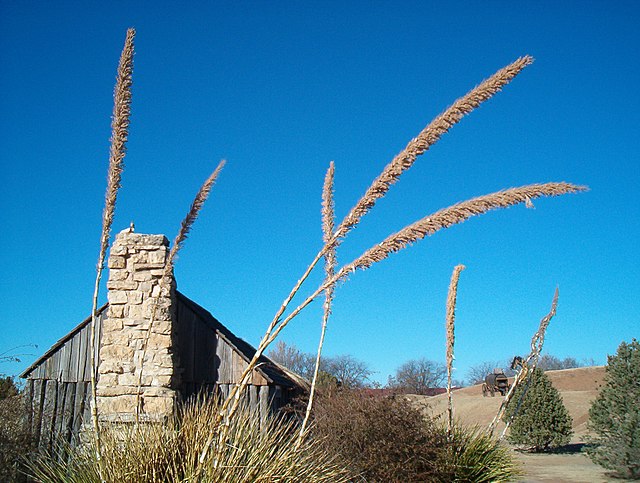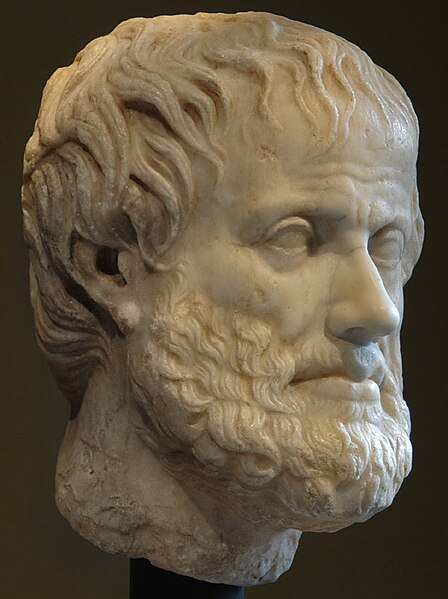A frontier is the political and geographical area near or beyond a boundary. A frontier can also be referred to as a "front". The term came from French in the 15th century, with the meaning "borderland"—the region of a country that fronts on another country. Unlike a border—a rigid and clear-cut form of state boundary—in the most general sense a frontier can be fuzzy or diffuse. For example, the frontier between the Eastern United States and the Old West in the 1800s was an area where European American settlements gradually thinned out and gave way to Native American settlements or uninhabited land. The frontier was not always a single continuous area, as California and various large cities were populated before the land that connected those to the East.
A restored pioneer house at the National Ranching Heritage Center in Lubbock, Texas, US.
Frontier in Spain the entry point to Gibraltar
Australian bushman with his dog and horse, c. 1910
Carlos Morel, Indios pampas (Serie Ibarra). Siglo XIX. Visible: 25 x 28 cm Llitografía: 21 x 26,5 cm, litografía sobre papel
Politics is the set of activities that are associated with making decisions in groups, or other forms of power relations among individuals, such as the distribution of resources or status. The branch of social science that studies politics and government is referred to as political science.
The Greek philosopher Aristotle criticized many of Plato's ideas as impracticable, but, like Plato, he admires balance and moderation and aims at a harmonious city under the rule of law.
Women voter outreach (1935)
Plato (left) and Aristotle (right), from a detail of The School of Athens, a fresco by Raphael. Plato's Republic and Aristotle's Politics secured the two Greek philosophers as two of the most influential political philosophers.
Legislatures are an important political institution. Pictured is the Parliament of Finland.








